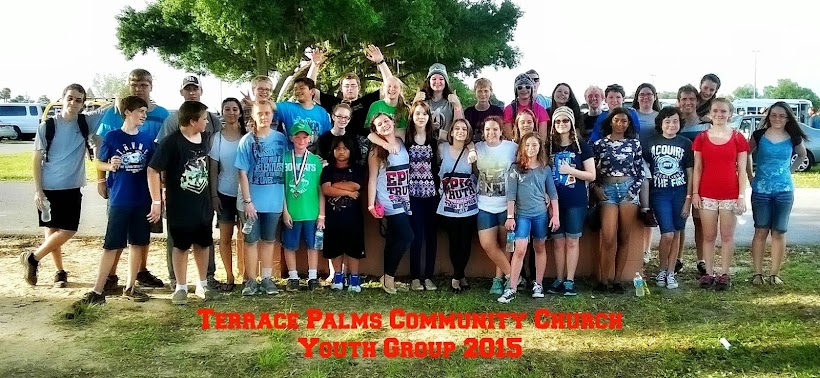- erinaceous
- galactophagist
- pronk
- quackle
We collected and read their definitions out loud then. I had the actual definition mixed into each batch. Some of the made-up definitions were hilarious! They were of course surprised to find out the true meanings of each word. Who knew that galactophagist was just a big word to use for someone who drinks a lot of milk?!
We started to explore the meaning of the word Savior then. We've all heard that Jesus saves or that He is our Savior, but what does that actually mean? Synonyms for the word include defender, deliverer, guardian, hero, liberator, preserver, protector, and rescuer.
We showed the kids a picture of a nativity then. (The book suggested I dig mine out of my Christmas storage, but that just was not happening!) We read Luke 2:8-20. We've heard this story over and over every Christmas, but this time we tried to look at it with fresh eyes. Why does it matter that the very first thing the angels said about Jesus was that He is Savior? What do you think the shepherds thought when the angels called Jesus, the Christ, Messiah, Savior? Even before He taught or performed miracles or died on the cross, Jesus was called the Savior. From the moment of His birth, offering salvation to humankind was at the very core of Jesus' mission on earth. What's our reaction to this idea? Why is it important?
Next we split the kids into two groups. The "A Lost Object" group read Luke 19:1-10. Together, they discussed the kind of person Zacchaeus was, what people in his community thought about him, and why Jesus chose to spend time with him. They talked about what they thought Jesus meant by salvation and save in verses 9 & 10. Who is salvation for? What does it mean? What can this story teach us about salvation? We hid a coin somewhere on their side of the room and they had to find it. The main point of their group was that the lost, even the very "worst" people on earth, can be saved.
The "All the World" group looked at a world map and read Luke 2:21-35. They were asked to step inside Simeon's shoes and think about how he felt when he saw Jesus and realized who He was. What might he have thought? They had to discuss what stood out to them about Simeon's description of Jesus in verses 30 & 32. Why? The key point of their group was to learn that salvation is for ALL the people of the earth.
When we got back together as a class, each group shared with the other what they had learned. Together, we read Luke 7:36-50 and talked about the point of Jesus' story and how it makes us feel. How did the sinful woman treat Jesus. How did He treat her? Jesus used the word saved in verses 48-50. In light of all that's happened in this account, what do we think Jesus means when He says she's been saved? What does this story tell us about salvation?
We explored further Jesus' story about the two men who owed money and their debts being cancelled. One owed about 50 day's wages and the other about 2 years' worth of wages. In our culture there's no greater symbol of debt than credit cards. The average American family carried $8,000 in credit card debt! We gave a credit card to one of the kids to cut up then for a visual. Jesus came to earth to save us from our sin - the biggest debt we will ever have. Just as it would be a relief for someone to come along and pay monetary debts for us, we have much more peace spiritually now that Jesus has cancelled our sin debt with His salvation.
We wrapped up with a time of prayer, thanking God for our salvation and encouraging any of the kids unsure of their salvation to see us after class. Once again, we closed with marveling over how awesome is our God who pursues us to save us from our debt of sin.

.jpg)